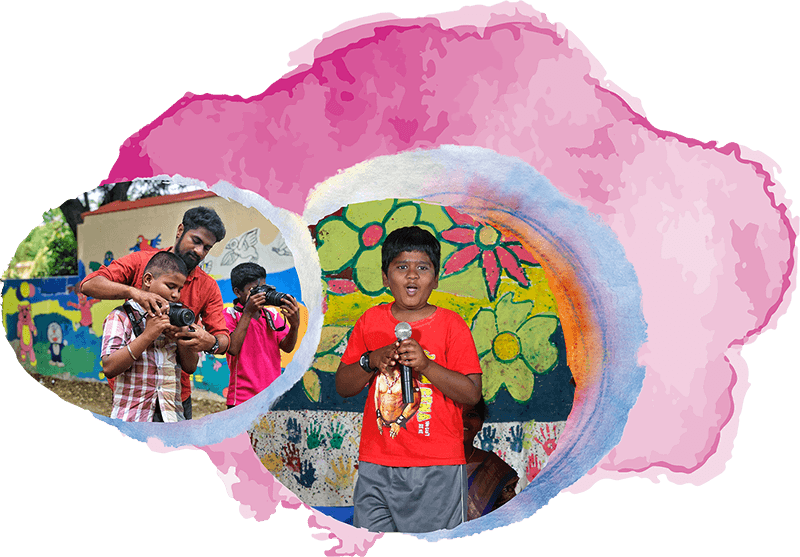Collaborative Delivery Partners
Collaborative Delivery Partners
CEDAR (Centre for Education, Development Action and Research)
CEDAR was established in 1994 mainly to address the problem of child labour which was prolific in Southern Tamil Nadu. CEDAR was not only engaged in direct interventions in the community to abolish child labour but also in building the capacity of small NGOs who were keen to work on child rights.
CEDAR’s model of ‘child rights activism’ and ‘Capacity Building of small NGOs working for children’ was acknowledged by the ‘First International Conference of NGO Support Organizations’ convened by INTRAC at Oxford, UK in 1998.
Over 25 years CEDAR has partnered with several INGOs, Corporate Houses, International Charities and Government agencies in India. These include Zurich Financial Services Community Trust, UK (1994-2000), Action Aid India (2000-2012), Women Development Corporation of Government Tamil Nadu (1998-2012) British High Commission (2002-2005).
CEDAR’s greatest strength is its ability to develop ‘rights-based community action strategies’ to create ‘child centred spaces’ in families, schools and communities. At its peak, CEDAR was working in 165 village communities to liberate child labourers.
CEDAR has worked in partnership with Paper Boat for more than 20 years and given the close alignment of vision, values, purpose and mission serves as Paper Boat’s Nodal Agency in India – providing arms-length coordination, networking, monitoring, evaluation and sharing of learning across our programmes and partnerships.

DACS (Dindigul Aids Control Society)
DACS is a small NGO run in the main by its visionary and hugely dedicated leader Mr Thankachan. At Paper Boat, we are committed to preventing unnecessary family-child separation and challenging institutionalisation. DACS meets the Indian government criteria for residential care as it is ‘last resort’ residential care. This is because the children are either orphans or have been abandoned by their families.
There is a very high level of stigma associated with HIV in Tamil Nadu. DACS not only provides a high-quality environment in which the children can flourish but he has worked hard to ensure the children are accepted in local schools and he challenges discrimination against them. He is an advocate for the rights of children with HIV, handing out leaflets at bus stops and is well-known in the area and well-respected by local agencies who often bring children to him. During the lifetime of the project he has reduced the mortality rate of children in care even though he has very limited financial resources.

